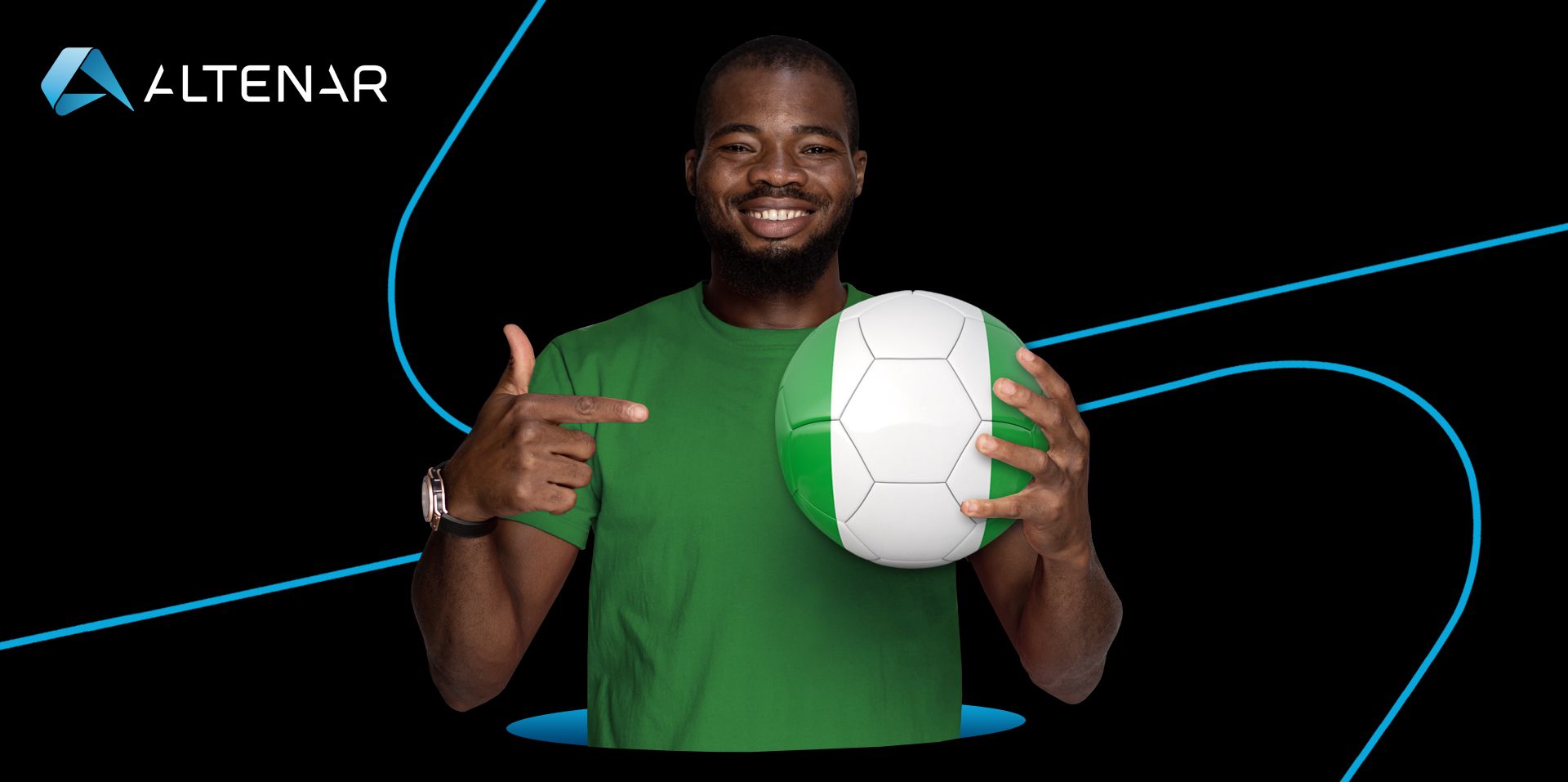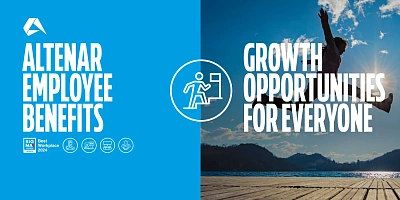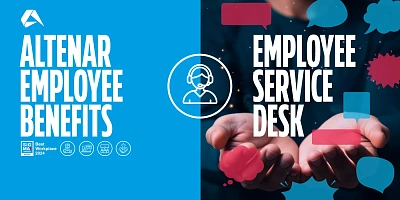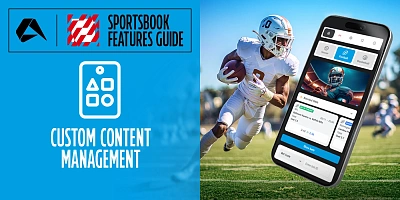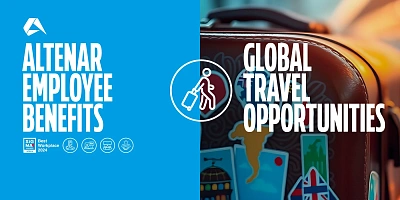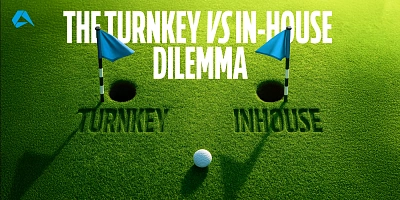Altenar, a sports betting solutions provider, has garnered global acclaim and respect from worldwide operators who have harnessed its sportsbook. As a result, many operators think of Altenar as the go-to provider for stable yet flexible solutions that offer their players a host of features, experiences and technologies to enhance their player’s gaming experience.
This article will detail, in a snapshot, a brief history of betting in Nigeria, Altenar’ssportsbook offeringand the regulatory requirements for the region.
Altenar’s offering entails:
- 24-hour trading and risk control
- Ability to profile players
- Possesses the UKAS-Certification for ISO27001
- Dependable technology
- Deployment and agile development
- Flexible hosting: accommodates legal requirements and highly attended events
- Optimised end-user experiences with low latency all given through geographical data dispersal and sophisticated internal caching
- Customisation to a high degree across many channels using API-based services
- Scale-out and high availability throughout the stack
- Early payout
- Revamped cashout
- Player props (NFL, NBA, NHL, MLB + more)
- Bonus engine
- 0% Margin
- Bore Draw
- Player Specials
- Premium cricket
- Bet builder
- Esports
For a more in depth look at Nigeria's betting landscape, contact the sports betting solutions provider today!
Sports Betting Laws & Regulations In Nigeria | Altenar & You
Gambling licences in Nigeria are issued by the National Lottery Regulatory Commission.
Based on statistics, around 66% of people in Nigeria have made a bet on a sporting event at least once in their lives. That is a significant amount of gambling. Online gaming is massive and developing at a breakneck pace. By 2023, it is predicted to expand to a worldwide industry of 93 billion dollars.
Sports betting has been legal in Nigeria since 2005. It is explicitly mentioned in the gambling legislation among casino gambling and lottery.
Sports wagering is the main form of gambling in Nigeria (in terms of popularity and revenue), and betting shops can be found in most bigger towns.
Licensing: All companies that wish to offer sports betting services in Nigeria must obtain a licence from the NLRC. The licence is valid for a period of five years and can be renewed.
Taxes: Sports betting companies in Nigeria must pay a tax on their gross gaming revenue. The tax rate is currently set at 7.5%. Apart from the national tax rate gambling operators have to pay a local state gambling tax.
Advertising: There are strict rules around the advertising of sports betting in Nigeria. Companies are not allowed to advertise their services on television or radio during programs that are intended for minors. All advertising must also carry a warning about the risks associated with gambling.
Responsible gambling: Sports betting companies in Nigeria must take measures to promote responsible gambling. This includes providing information about the risks associated with gambling and offering tools to help customers manage their gambling activity.
It is illegal for anyone under the age of 18 to place a bet on sports in Nigeria. Sports betting companies must take steps to ensure that minors are not able to access their services.
It is commendable that Nigerian authorities are taking aggressive initiatives to secure citizens' personal data through their laws and numerous regulations. Despite the proliferation of laws and regulations governing data privacy and protection, the only law that addresses this topic directly and thoroughly is the recently released NDPR by NITDA. As a result, it is clear that the country is on the right track, while there is still potential for improvement.
Contact Altenar today to enter this betting landscape filled with potential!
